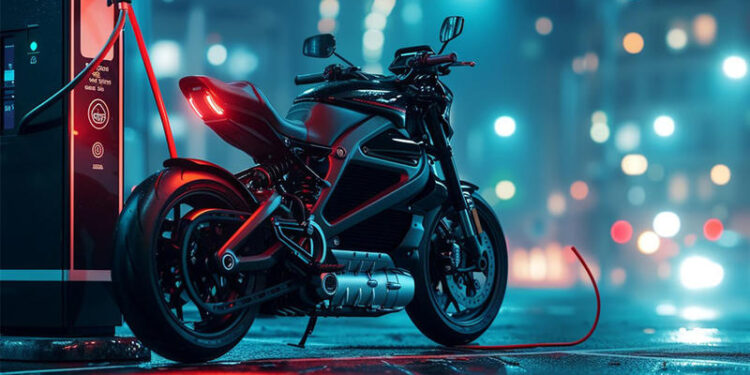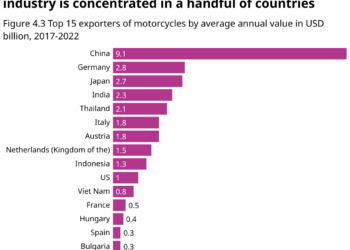Delving into the realm of eco-friendly motorcycle market opportunities, we unveil a landscape filled with potential for growth and innovation. From the latest trends to technological advancements, this topic offers a glimpse into a future where sustainability meets performance in the world of motorcycles.
As we navigate through the environmental benefits, technology advancements, and market challenges, the narrative unfolds to reveal a complex yet exciting industry awaiting exploration.
Overview of the Eco-Friendly Motorcycle Market
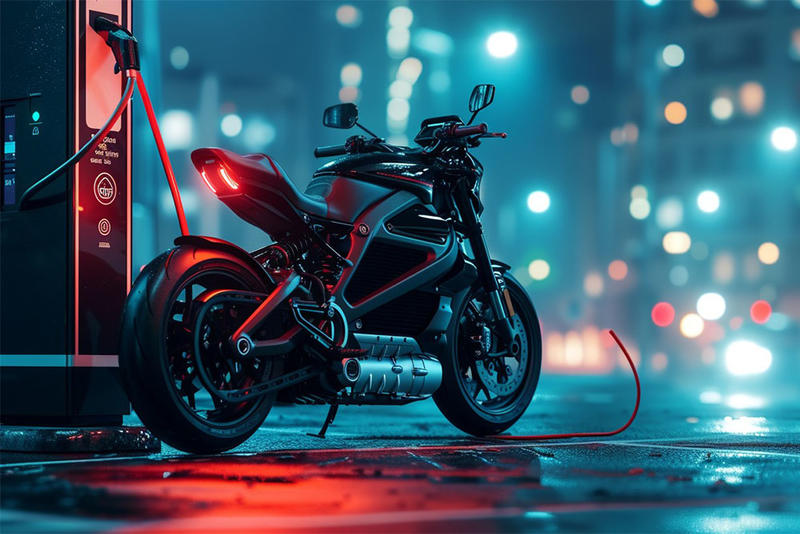
Eco-friendly motorcycles are vehicles that run on alternative energy sources such as electricity or biofuels, reducing carbon emissions and promoting sustainability in transportation. These motorcycles are gaining popularity due to increasing environmental awareness and the need for cleaner modes of transport.
Current Trends and Growth Projections
- The eco-friendly motorcycle market is expected to grow significantly in the coming years, with a CAGR of over 7% projected from 2021 to 2026.
- Governments worldwide are implementing stricter emissions regulations, driving the demand for eco-friendly vehicles including motorcycles.
- Technological advancements in battery technology are making electric motorcycles more efficient and affordable, further boosting market growth.
Popular Eco-Friendly Motorcycle Brands/Models
- Zero Motorcycles: Zero is a leading manufacturer of electric motorcycles, offering models like the Zero SR/F and Zero FXS known for their performance and range.
- Harley-Davidson Livewire: The Livewire is Harley-Davidson's first electric motorcycle, combining the brand's heritage with modern eco-friendly technology.
- Energica Ego: Energica produces high-performance electric motorcycles like the Ego, known for its sporty design and impressive acceleration.
Environmental Benefits of Eco-Friendly Motorcycles
Switching to eco-friendly motorcycles offers several environmental advantages compared to traditional ones.
Reduced Carbon Footprint
Eco-friendly motorcycles have a significantly lower carbon footprint than traditional gasoline-powered motorcycles. Electric motorcycles, for example, produce zero tailpipe emissions, reducing greenhouse gas emissions that contribute to climate change.
Air Pollution Reduction
By using eco-friendly motorcycles, riders can help in reducing air pollution levels. Traditional motorcycles emit harmful pollutants such as carbon monoxide, hydrocarbons, and nitrogen oxides, which contribute to smog and negatively impact air quality. Eco-friendly motorcycles produce little to no emissions, resulting in cleaner and healthier air for everyone.
Technology Advancements in Eco-Friendly Motorcycles
Electric motorcycles have seen significant technological advancements in recent years, revolutionizing the way we think about eco-friendly transportation options. These innovations have not only improved the performance and efficiency of electric motorcycles but have also made them more accessible to a wider audience.
Lithium-Ion Batteries
Lithium-ion batteries have become the standard power source for most electric motorcycles due to their high energy density, lightweight nature, and fast-charging capabilities. These batteries have significantly improved the range of electric motorcycles, making them a more practical choice for daily commuting and longer rides.
Manufacturers are constantly working on enhancing the energy capacity and reducing the charging time of lithium-ion batteries to make electric motorcycles even more competitive with traditional gasoline-powered bikes.
Regenerative Braking Systems
One of the key technological advancements in eco-friendly motorcycles is the incorporation of regenerative braking systems. This innovative technology allows electric motorcycles to capture and store energy that is typically lost during braking. By converting kinetic energy into electrical energy, regenerative braking systems help extend the range of electric motorcycles and improve overall efficiency.
This feature not only enhances the performance of electric motorcycles but also contributes to a more sustainable and environmentally friendly riding experience.
Electric Motor Efficiency
Advancements in electric motor technology have played a crucial role in improving the performance of eco-friendly motorcycles. High-efficiency electric motors provide instant torque, smooth acceleration, and a quiet riding experience. These motors are not only environmentally friendly but also offer a thrilling and responsive ride that rivals traditional gasoline-powered bikes.
Manufacturers are continuously refining electric motor designs to enhance power output, reduce weight, and increase overall efficiency, making electric motorcycles a compelling choice for riders looking to embrace sustainable transportation options.
Market Opportunities and Challenges
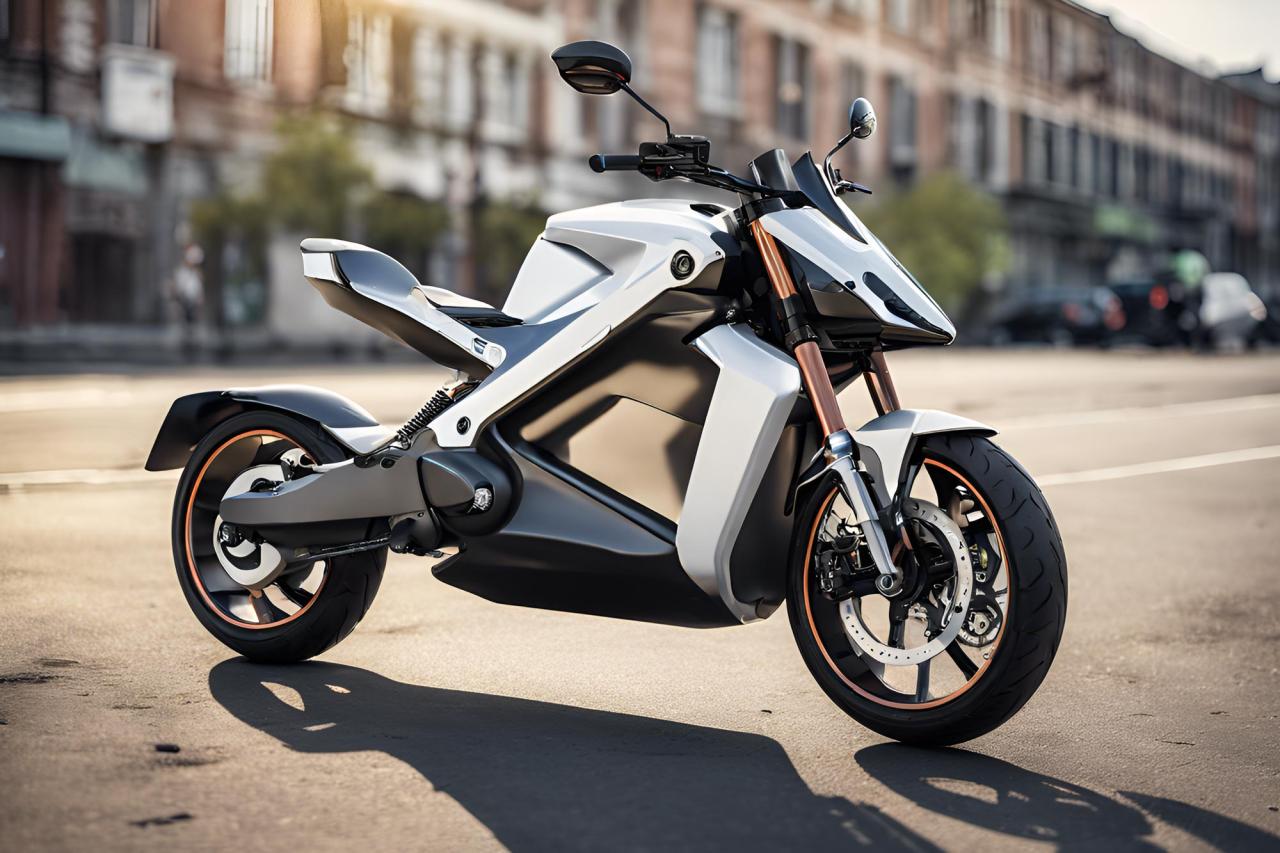
In the eco-friendly motorcycle market, there are several key opportunities for growth, but manufacturers also face significant challenges in promoting these environmentally conscious vehicles. Additionally, the regulatory environment plays a crucial role in shaping the market dynamics.
Key Opportunities for Growth
- Increasing consumer awareness and demand for sustainable transportation options.
- Government incentives and subsidies for eco-friendly vehicles, creating a favorable market environment.
- Technological advancements leading to improved performance and cost-effectiveness of eco-friendly motorcycles.
- Potential for expanding market reach by targeting urban areas with high pollution levels and strict emissions regulations.
Challenges for Manufacturers
- Higher initial costs of eco-friendly motorcycles compared to traditional gasoline-powered bikes, impacting consumer adoption rates.
- Limited charging infrastructure for electric motorcycles, hindering the convenience and practicality of these vehicles.
- Educating consumers about the benefits of eco-friendly motorcycles and dispelling myths or misconceptions about their performance and reliability.
- Competing with well-established brands in the conventional motorcycle market, facing resistance to change from loyal customers.
Regulatory Environment Impact
- Stringent emissions standards and regulations pushing manufacturers to invest in eco-friendly technologies to comply with environmental requirements.
- Government policies promoting the adoption of electric vehicles, including motorcycles, through tax incentives, rebates, and exemptions.
- Global efforts to reduce carbon emissions driving the shift towards sustainable transportation solutions, creating a growing market for eco-friendly motorcycles.
Closure
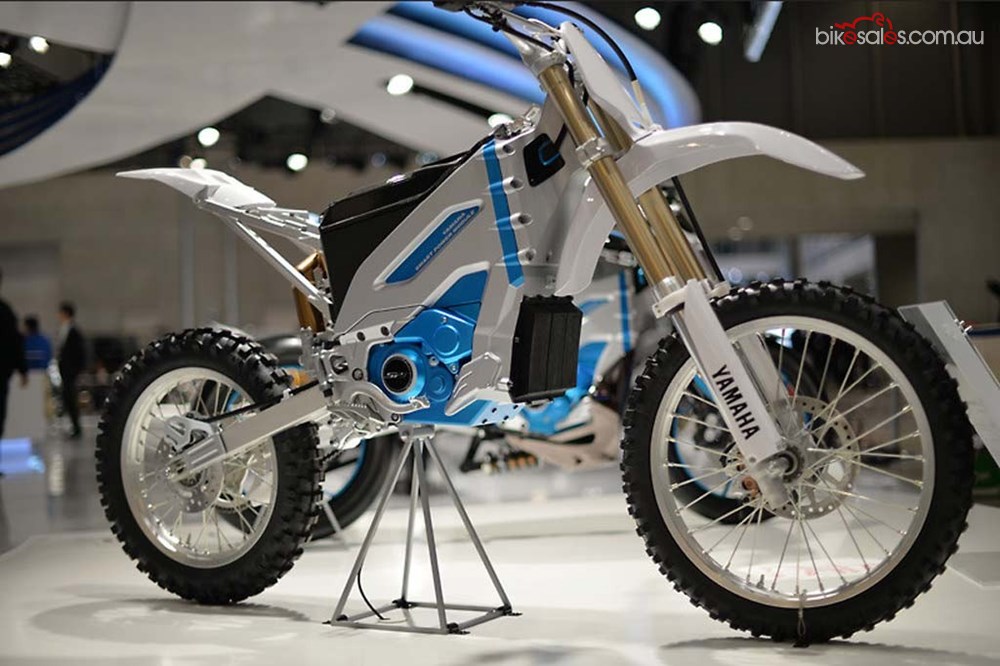
In conclusion, the eco-friendly motorcycle market presents a promising horizon for both manufacturers and consumers alike. From reducing air pollution to embracing cutting-edge technologies, the opportunities are vast and the challenges are ripe for innovation. As we look ahead, the future of eco-friendly motorcycles seems bright, offering a greener and cleaner way forward in the world of transportation.
Essential FAQs
What are the key opportunities for growth in the eco-friendly motorcycle market?
The key opportunities lie in the increasing consumer demand for sustainable transportation options, government incentives promoting eco-friendly vehicles, and advancements in battery technology driving longer ranges for electric motorcycles.
How do eco-friendly motorcycles contribute to reducing air pollution?
Eco-friendly motorcycles produce zero emissions during operation, thus significantly reducing air pollution compared to traditional gasoline-powered bikes. This makes them a crucial part of the solution to combatting environmental pollution.

